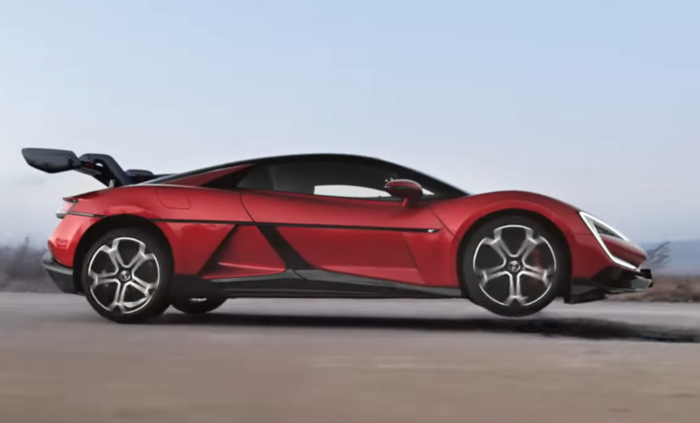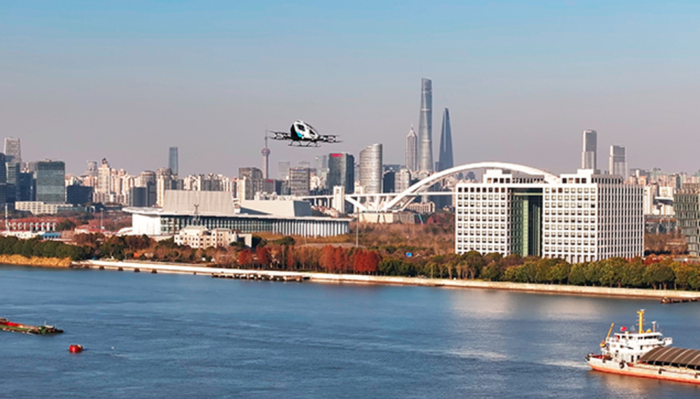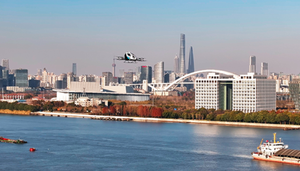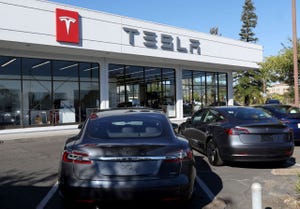Velodyne hires chips veteran as CFO to fuel autonomous car push
Velodyne Lidar Inc. has hired a semiconductor industry veteran as finance chief as it prepares to expand production of 3-D lidar sensors to meet an expected surge in demand from autonomous cars.
August 9, 2017

Robert Brown started Aug. 1 as chief financial officer, the Morgan Hill, California-based startup said Tuesday in a statement. Brown, with 25 years in finance roles at technology companies, led financial planning at travel reservation startup GetThere during its 1999 initial public offering and subsequent sale to Sabre Corp., and was treasurer of semiconductor specialist LSI Corp. until its acquisition by Broadcom Ltd. in 2014.
“You want somebody with a skill set that can do a lot of different things,” Brown said. “Once you’ve spent 25 years around the high-tech space as I have, you understand a number of different markets and technologies beyond just semiconductors, because all these pieces have to work together.”
Investment in lidar technology, a radar-like system that uses lasers rather than radio waves to generate a three-dimensional image of the surrounding environment, has gained pace over the past 18 months as carmakers and technology companies strive to develop self-driving vehicles.
Ford Motor Co. and Baidu Inc. invested $75 million each in Velodyne last year. Some of the money is being used at a factory in San Jose, California, that opened in January, and where Velodyne plans to make a million lidar devices a year beginning in 2018. The company expects to generate a little more than $150 million in revenue this year. Competitor Quanergy Systems Inc. also raised $150 million last year, and counts Daimler AG, Samsung Electronics Co. and Delphi Automotive Plc among its investors.
Some carmakers consider lidar essential for self-driving cars, because it can accurately measure distance in real time to generate a live image of the surrounding environment. The best technology remains expensive, however, with Velodyne’s top-of-the-range sensor, which generates the highest-definition image, costing more than $50,000. Its cheapest offering sells for $7,999.
Volkswagen AG’s Audi unit unveiled the first production car to boast lidar sensors last month. The Audi A8 incorporates devices made by French supplier Valeo SA. Makers of lidar are anticipating a surge in demand over the next five years as carmakers add more autonomous capabilities to their vehicles.
Brown’s predecessor Qing Lu left Velodyne in April to become CFO of Chinese autonomous car startup JingChi Corp.
About the Author
You May Also Like






